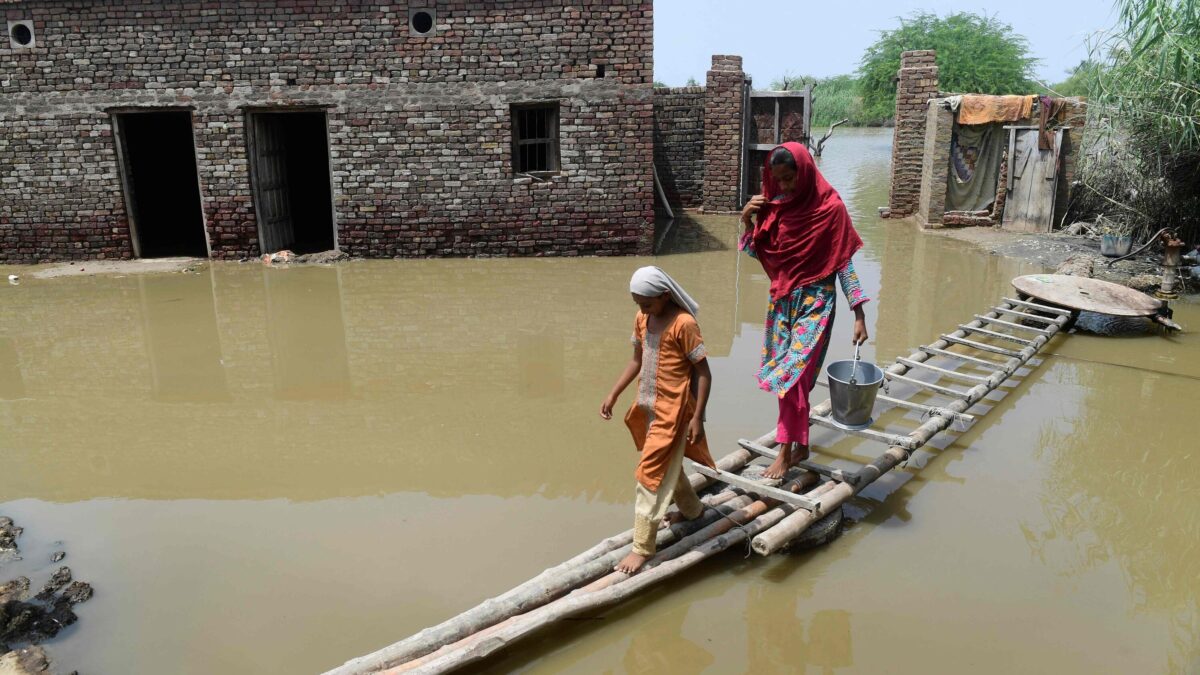Climate change presents significant challenges worldwide, and Pakistan is particularly vulnerable, experiencing extreme weather events like floods, droughts, and heatwaves.
To address these issues effectively, it’s crucial to understand public attitudes toward climate change in the country.
Recent surveys indicate a growing awareness among the populace, but attitudes differ widely based on education, socio-economic status, and media exposure.
Current Awareness and Concerns
In recent years, many Pakistanis have become increasingly concerned about climate change, especially following the catastrophic floods of 2022 that displaced millions and damaged infrastructure and agriculture.
These events have amplified public discussions about the urgent need for climate action. A notable portion of the population now recognizes climate change as a pressing issue, particularly those directly affected by natural disasters.
However, there remains a disparity in understanding the causes and long-term effects of climate change. Research indicates that individuals with higher education levels generally have a better grasp of climate science, while those in rural areas often rely on traditional knowledge, potentially limiting their understanding. This gap highlights the necessity for targeted educational campaigns tailored to diverse audiences.
Media Influence on Perceptions
The media significantly influences public perceptions of climate change. In Pakistan, coverage of environmental issues has increased, especially after major climate events. However, the quality of this coverage varies, with some outlets favoring sensationalist narratives over accurate, science-based reporting. This discrepancy can lead to misconceptions and skepticism among the public.
Analyzing how media shapes attitudes toward climate change reveals that those who consume information from credible sources tend to express greater concern.
In contrast, exposure to misinformation can breed doubt about the reality of climate change and the effectiveness of proposed solutions.
Skepticism and Resistance to Change
Despite rising awareness, skepticism about climate change persists among some segments of the population. Influenced by political narratives and economic interests, these individuals may question the validity of climate science.
This skepticism can impede collective action and delay essential policy changes. Addressing these concerns through transparent communication and public engagement is crucial for fostering a culture of climate responsibility.
Economic factors also play a significant role in shaping attitudes toward climate change. Many Pakistanis prioritize immediate economic needs over long-term environmental sustainability.
The reliance on fossil fuels and unsustainable agricultural practices is often justified by the necessity for economic growth and job creation, creating a complex dynamic where individuals acknowledge climate change as an issue but resist changes threatening their livelihoods.
Policy Implications and the Way Forward
Aligning public attitudes with actionable policies is imperative for effectively tackling climate change. Understanding these attitudes can guide policymakers in crafting strategies that resonate with citizens’ concerns and values.
This requires not only raising awareness but also fostering a sense of ownership and responsibility among the populace.
Educational initiatives should aim to bridge the knowledge gap, particularly in rural areas, highlighting the connection between climate action and economic benefits.
Engaging local communities in sustainable practices, such as renewable energy projects and conservation efforts, can empower citizens and foster a grassroots movement for change.
In conclusion, understanding climate change attitudes in Pakistan is vital for creating an informed and proactive society.
By addressing skepticism, improving media representation, and promoting education, Pakistan can cultivate a collective response to one of the most pressing challenges of our time.
Through collaborative efforts, the country can build resilience against climate change impacts and secure a sustainable future for its citizens.









